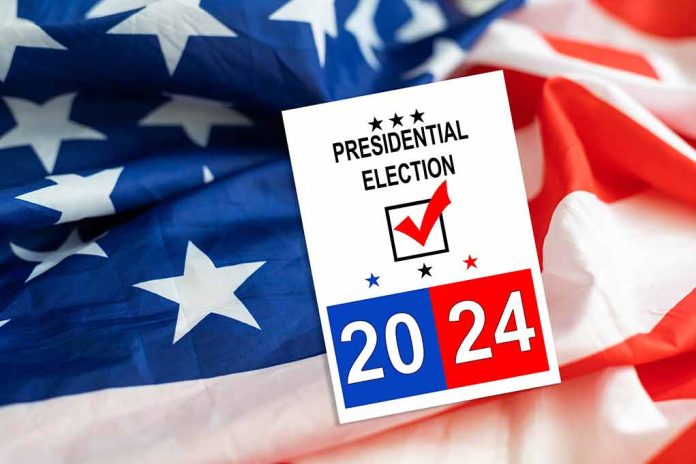
The election season is upon us, and with it comes the inevitable dance between technology and democracy. Grab your popcorn and your thinking caps, because we’re diving into the murky waters of Google’s search results and their alleged impact on the political landscape. This isn’t just about algorithms and autocomplete; it’s about the very integrity of our electoral process. So, let’s cut through the noise and get to the heart of the matter. Are tech giants really pulling the strings behind the scenes, or is this just another case of digital gremlins wreaking havoc?
The Google Conundrum
At the center of this digital drama is Google, the search engine behemoth that’s become as ubiquitous as air in our daily lives. The House Oversight Committee’s Select Subcommittee on the Weaponization of the Federal Government dropped a bombshell, revealing that Google had blocked information about an assassination attempt on former President Trump from autocomplete search results. The company’s defense? A classic tech excuse: it was due to an “out of date” system or a bug.
The Accusation
Republican lawmakers and the subcommittee didn’t mince words, accusing Google of potential election interference and censorship against conservative voices.
“Recent reporting has indicated that Google may now be interfering in the 2024 presidential election by censoring information about former President Donald Trump’s ongoing campaign for the presidency, including relating to the July 13 assassination attempt on him in Pennsylvania” – House Oversight Committee Select Subcommittee on the Weaponization of the Federal Government
This isn’t just about one search result; it’s about the power tech companies wield in shaping public perception and access to information.
Google’s Defense
Google, for its part, has been scrambling to explain the situation. They attributed the omission to automated protections against predictions related to political violence and a software bug, which they claim has since been fixed.
“Google attributed the situation to existing protections against autocomplete predictions associated with political violence” – Google statement
But for many, this explanation feels like too little, too late. The damage to trust has been done, and the questions are piling up faster than Google can index them.
The Bigger Picture
This controversy isn’t happening in a vacuum. It’s part of a larger conversation about the role of tech giants in our democratic process. With the 2024 election looming, every glitch, bug, or “feature” is under intense scrutiny.
Senator Roger Marshall has thrown down the gauntlet, demanding that Google CEO Sundar Pichai testify before lawmakers. The battle lines are drawn, and the stakes couldn’t be higher.
As we navigate this digital minefield, one thing is clear: the intersection of technology and democracy is more complex and fraught than ever. Whether you believe Google’s explanations or see something more sinister at play, one fact remains undeniable – in the age of information, those who control the flow of data wield immense power. It’s up to us, the vigilant citizens and voters, to stay informed, ask tough questions, and demand transparency from both our tech titans and our elected officials.
Sources
More from Around The Web
ELON MUSK BLASTS TECH GIANTS FOR ‘ELECTION INTERFERENCE’ AFTER CENSORING DONALD TRUMP
WHAT HAVE WE ACTUALLY LEARNED ABOUT FOREIGN ELECTION INTERFERENCE? | THE BIG STORY
FORMER PRESIDENT TRUMP: “THIS IS ALL ABOUT ELECTION INTERFERENCE.”
‘BIG LIE’ SPREADS ONLINE AS TRUMP AWAITS TRIAL: LUDDITE HEAT FROM BIG TECH TO PHONE ‘ADDICTION’
U.S. INTELLIGENCE CONFIRMS ELECTION INTERFERENCE UNDERWAY AGAINST TRUMP







